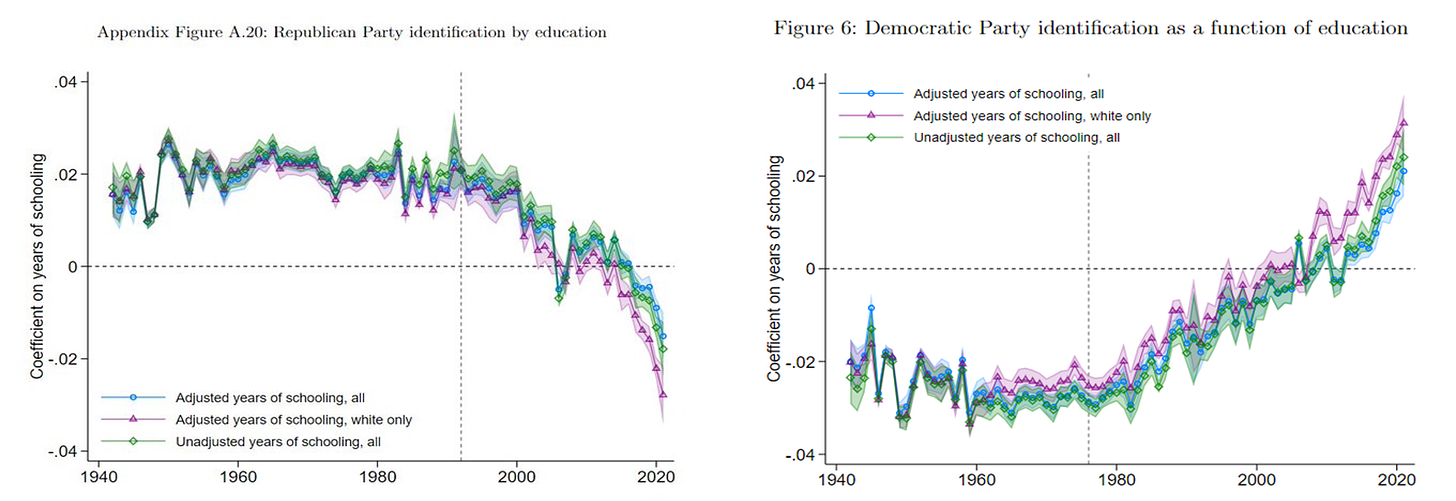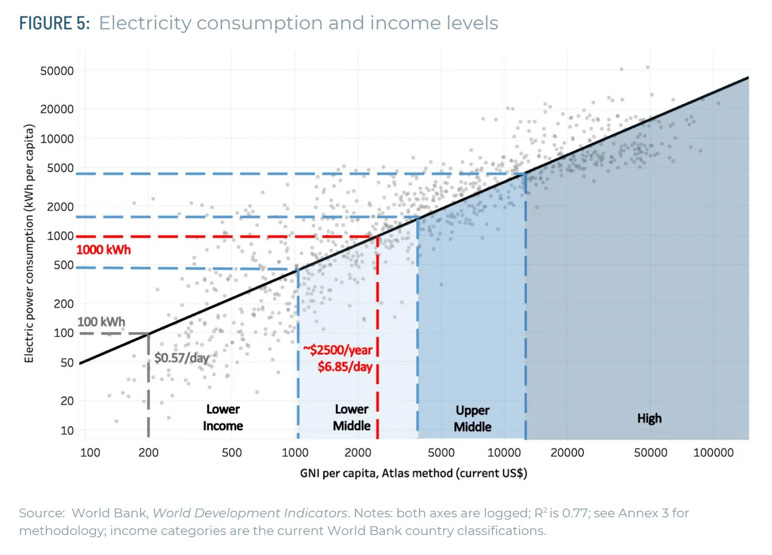As the week winds down, I have a range of items to share, starting with some professional news.
I’ve taught my final class at the University of Colorado Boulder. I’ve been on the faculty for 23 years — it was a good run and I’ve really enjoyed my students. This spring, I had a particularly fantastic group of students in my senior capstone, who give me optimism that the world will be in good hands in the decades ahead. In the coming weeks and months I’ll be writing more about universities and how some of them seem to have lost their way. I might even opine on the Deion Sanders experiment/dumpster fire here in Boulder. Even though it is my final class at Colorado, I’ll teach again, I’m sure.
I’m currently en route to Oslo, typing this from Heathrow waiting for my connection. I’ve been elected to the Norwegian Academy of Sciences and Letters, an honor for which I am deeply appreciative. I’ll share some pictures of the induction next week.
On to some of the most interesting things that crossed my desk this week:
Partisan Realignment
The fascinating figures below come from a recent paper by Kuziemko et al. which seeks to explain partisan realignment in the United States according to education, defined as years of formal schooling. The paper is full of fascinating data and argument. Over the past 30-40 years, more highly educated Americans have realigned from favoring Republicans to favoring Democrats. The realignment has been profound with important implications for American politics — and of particular interest here at THB, for public trust in science and how experts engage the public.

Energy Access
Todd Moss, who writes an excellent Substack — Eat More Electrons — shares that the International Energy Agency has a new standard for energy access of 10-15 kWh per person per year. For those not fluent in energy units, that is a pittance. Americans use about 12,000 kWh per person per year. Moss and his colleagues at the Energy for Growth Hub recommend a modern energy minimum of 1,000 kWh per person per year — I agree. You can see in their figure below that there is no such thing as anything close to a wealthy country with low electricity consumption.
More Good Stuff (apologies for any paywalls)
Patrick Brown of The Breakthrough Institute has another insightful essay on biases in climate research;
Also at The Breakthrough Institute, Vijaya Ramachandran argues that the West needs to come to grips with fertilizer needs in Africa.
The Economist has an excellent deep dive on India’s economy and growth.
The EIA shares data showing that U.S. wind generation dropped in 2023, despite an overall increase in capacity. Wow. Robert Bryce explains why this matters.
At The New Yorker, Louis Menand considers Academic Freedom Under Fire.
Here is 12 minutes from me on YouTube on the biggest secret in climate science (but it’s no secret to THB readers!)
Also, AEI has a new weekly newsletter called DataPoints, that I highly recommend you sign up for.
I’ve got final exams and final projects to grade. I’ll enjoy it!
❤️Click the heart!
Please feel free to use the comment thread on this post to ask me anything (and I’ll respond either in the comments or dedicate a future post to the most interesting questions), to request future posts, to share interesting items that crossed your desk, or to have a discussion about any of these things. Thanks for reading and for being part of the THB community!






If these educated people tend to hold more positions of both authority and power, then the Covid experience, the Climate Change narrative, the "transition" to EVs and renewables, the quality of DEI hires, and the utter madness of "gender transition " issues in schools and universities all indicate that these educated people can be powerfully, tragically and blindly wrong and can cause enormous damage to the economy and disruption to the lives of ordinary, and less educated people. They should not be trusted with power.
Let's hear it for plain old common sense.
I found Lewis Menand's article on academic freedom to be disingenuous in the extreme. He ignores the violent uprising on campuses. He talks about arrests at Columbia "last month" but ignores the fact that Jewish students are not safe there now. He doesn't mention the campuses that have had to shut down in person classes or cancel graduations.
Consider this gem:
"The pro-Palestinian demonstrators who created the conditions that the Jewish students allege are antisemitic are immunized by the First Amendment."
Jewish students have been physically attacked and the environment is so threatening that they have had to leave certain campuses.
Academic freedom is in less danger than other basic freedoms on campus. Louis Menand is willfully blind to what is happening on many campuses, and the source of this danger: The universities themselves created the current environment.